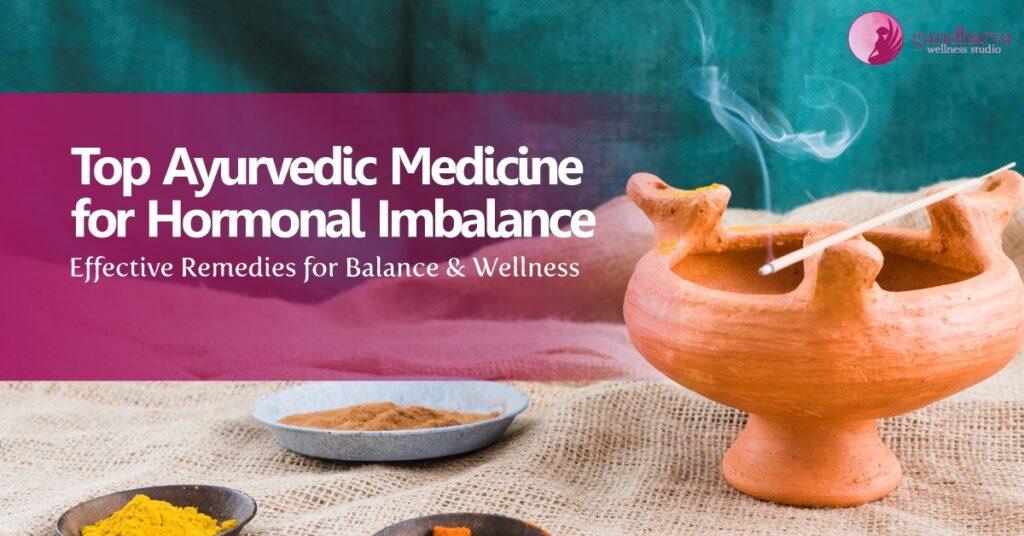
Understanding Hormones and Hormonal Imbalance
What are Hormones?
- Hormones are chemical messengers that regulate various bodily functions, including growth and development, metabolism, and reproduction.
- They are produced by glands in the endocrine system and play a crucial role in maintaining overall health and well-being.
- Hormones help to control various bodily functions, such as appetite, sleep, and mood.
Hormonal Imbalance: Causes and Effects
- Hormonal imbalance occurs when glands produce and secrete too much or too little hormone.
- Factors that cause hormonal imbalance include stress, poor nutrition, and certain medical conditions.
- Symptoms of hormonal imbalances can vary widely depending on the hormone involved.
Causes and Complications of Hormonal Imbalances
Lifestyle Factors and Hormonal Imbalance
- Poor diet and nutrition can lead to hormonal imbalances.
- Lack of exercise and physical activity can also contribute to hormonal imbalances.
- Stress and anxiety can disrupt hormonal balance.
Complications of Hormonal Imbalances
- Hormonal imbalances can lead to various health problems, including weight gain, mood swings, and reproductive issues.
- Untreated hormonal imbalances can lead to more severe health complications, such as diabetes, thyroid disorders, and osteoporosis.
Conditions Caused by Hormonal Imbalance
Female Hormonal Imbalance Conditions
- Polycystic ovary syndrome (PCOS)
- Thyroid disorders
- Menopause
- Infertility
Male Hormonal Imbalance Conditions
- Low testosterone
- Erectile dysfunction
- Infertility
- Osteoporosis
Diagnosing Hormonal Imbalance
Medical History Review and Physical Examination
- A thorough medical history review and physical examination can help diagnose hormonal imbalances.
- Symptoms, medical history, and lifestyle factors are taken into account.
Hormonal Panels and Diagnostic Tests
- Hormonal panels and diagnostic tests, such as blood tests and imaging studies, can help confirm hormonal imbalances.
- These tests can measure hormone levels and detect any underlying conditions.
Ayurvedic Approach to Hormonal Imbalance
Tridosha and Hormonal Imbalance
- Ayurveda views hormonal imbalances as an imbalance of the three doshas: Vata, Pitta, and Kapha.
- Each dosha is associated with specific hormones and bodily functions.
Treatment for Hormonal Imbalance
Ayurvedic Medicines for Hormonal Imbalance
- Ashwagandha: an adaptogenic herb that helps reduce stress and balance hormones.
- Shatavari: a herb that helps balance female hormones and improve reproductive health.
- Triphala: a herbal formulation that helps improve digestion and elimination.
Panchakarma and Hormonal Balance
- Panchakarma is a traditional Ayurvedic detoxification therapy that can help balance hormones.
- It involves various treatments, such as massage, steam therapy, and herbal remedies.
Lifestyle Changes for Hormonal Balance
Exercise and Physical Activity
- Regular exercise and physical activity can help balance hormones.
- Yoga and meditation can also help reduce stress and improve hormonal balance.
Dietary Changes and Nutrition
- A balanced diet that includes whole, unprocessed foods can help balance hormones.
- Avoiding processed foods, sugar, and caffeine can also help.
Preventing Hormonal Imbalances
Stress Management and Relaxation Techniques
- Stress management and relaxation techniques, such as deep breathing and meditation, can help prevent hormonal imbalances.
- Getting enough sleep and practicing good sleep hygiene can also help.
Conclusion
- Hormonal imbalances can have a significant impact on overall health and well-being.
- Ayurvedic medicines and lifestyle changes can help balance hormones and prevent hormonal imbalances.
- It is essential to consult with a healthcare professional before starting any treatment for hormonal imbalance.
